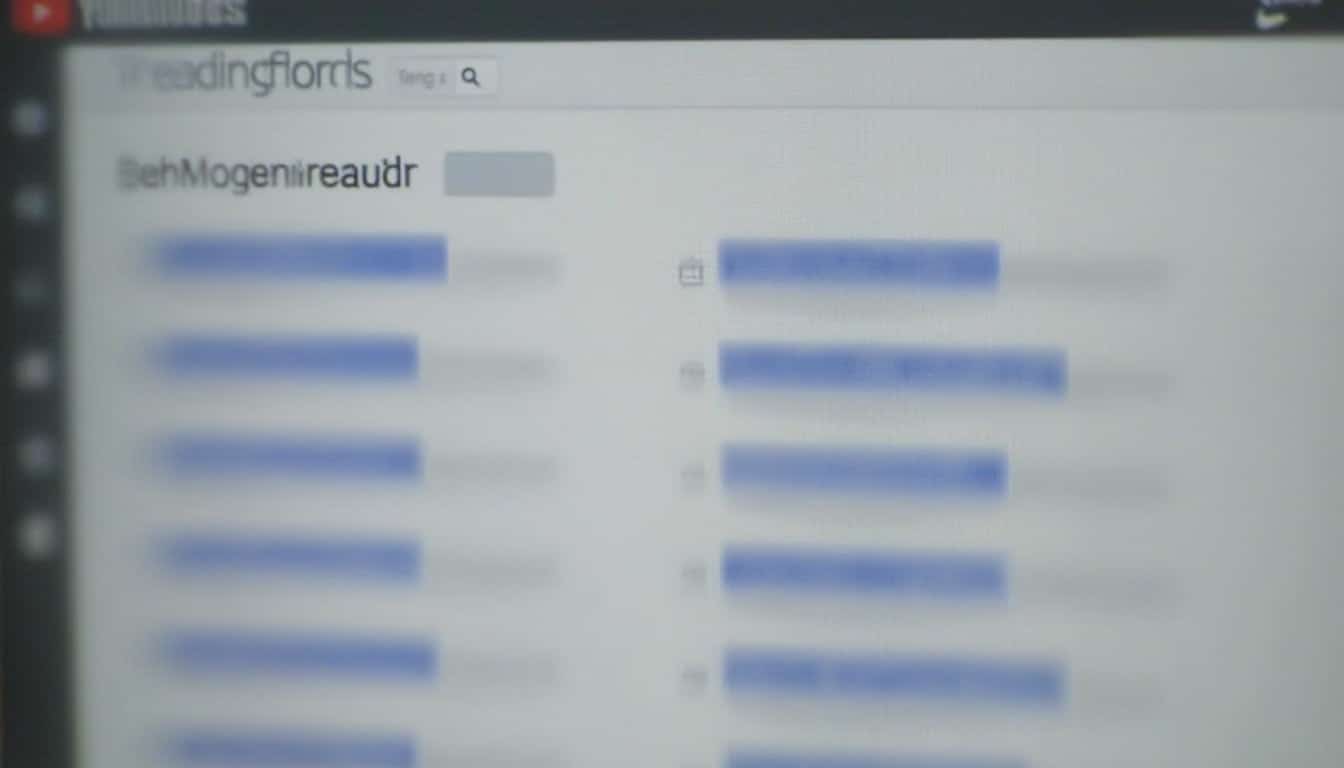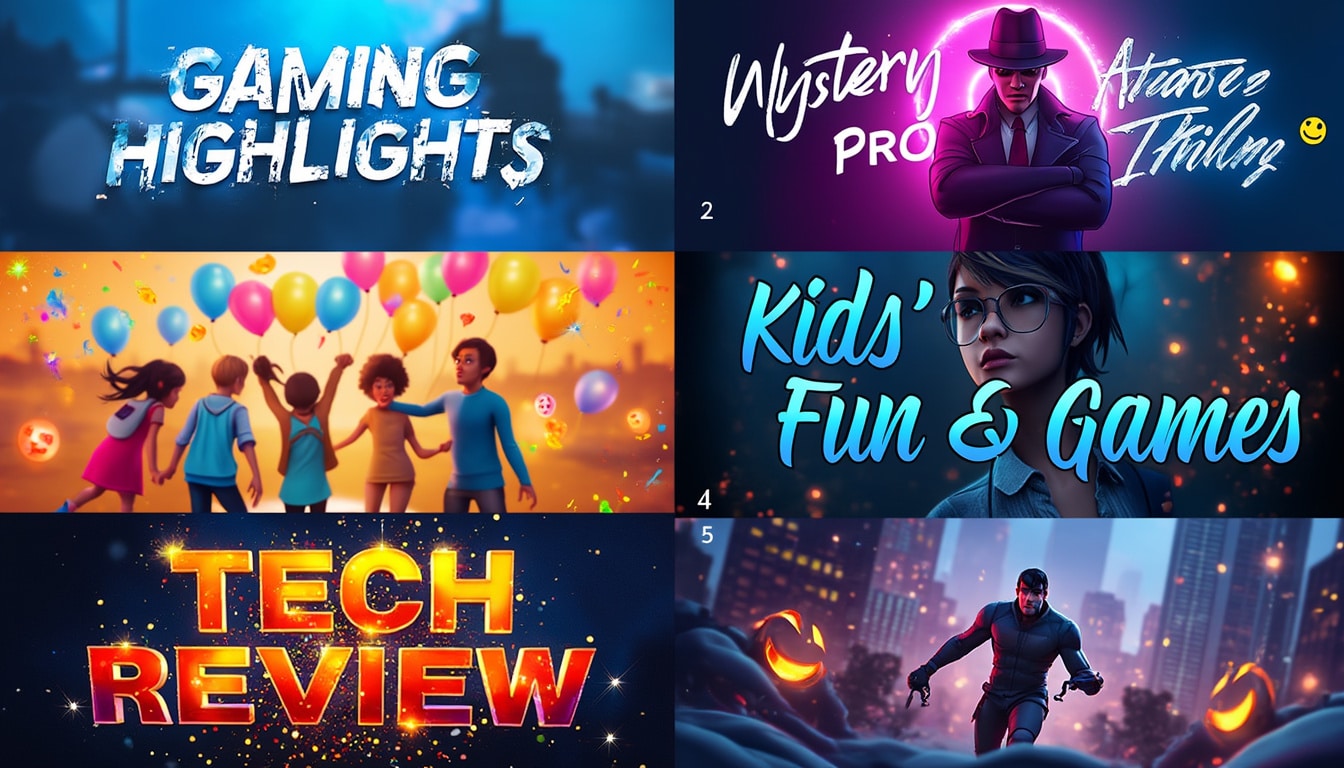Finding the right tags for your YouTube content is crucial for maximizing its visibility and engagement. In the ever-evolving world of video content, knowing how to effectively utilize trending tags can be your secret weapon. By integrating these tags, not only can you enhance your video’s discoverability, but you can also tap into current trends, connecting with a larger audience and increasing your subscriber base.
As a content creator, it’s essential to stay ahead of the curve, and understanding the tools and strategies for identifying trending tags is crucial. Let’s dive into the exciting world of YouTube tags and unearth methods to discover what’s hot right now!
Understanding YouTube Tags
YouTube tags serve as a means for creators to categorize their content and provide context to the YouTube algorithm. When a user searches for a particular term, YouTube utilizes these tags to identify videos that are most relevant to the search query. Thus, using trending and relevant tags is vital for channel growth.
What Are Tags?
Tags are keywords or phrases that describe your video content, helping viewers understand what your video is about. They consist of different elements, such as generic tags that describe the overall theme of the video, specific tags that hint at the content, and long-tail tags that cater to niche audiences.
Why Do Tags Matter?
Tags can significantly influence your video’s visibility, impacting its position in search results and suggestions. When a viewer searches for a specific term or hashtag, YouTube’s algorithm considers the tags in the potential videos to rank and display the most relevant content.

Common Methods to Discover Trending Tags
There are numerous methods that can assist you in finding trending tags on YouTube. Some involve analyzing existing content, while others utilize dedicated tools designed for this purpose. Below are our top recommendations:
YouTube Search Bar Suggestions
YouTube’s autocomplete feature provides immediate insight into trending search terms. As you begin typing a keyword related to your content, the search bar will offer suggestions based on what users are currently searching for. This is a quick and effective way to gather pertinent tags.
Utilizing YouTube Analytics
Your YouTube Analytics can be an invaluable resource for tag discovery. By assessing the performance of previously published videos, you can identify keywords that have driven traffic to your videos. Use these insights to refine your tags for future content.
Researching Competitor Videos
Taking the time to analyze the tags used in popular videos within your niche can provide valuable insights. Tools like VidIQ or TubeBuddy allow you to view the tags of top-performing videos, which can spark new ideas for your content. By checking out what works for them, you can potentially implement similar strategies into your videos.
Leveraging Third-Party Tools
There are several third-party tools available that simplify the process of tag discovery. Tools such as Hopper HQ’s YouTube Hashtag Generator and TubeBuddy offer a range of services, from tracking trending hashtags to providing suggestions for highly searched keywords.

Best Practices for Using Tags Effectively
On their own, trending tags won’t guarantee success. It’s essential to implement best practices to make the most of your tags:
Stay Relevant
Ensure that your chosen tags are relevant to your content. Using unrelated trending tags might attract views, but they can also lead to viewer dissatisfaction if the content doesn’t match their expectations.
Limit Your Tags
It’s advisable to use a limited number of tags—generally around 5 to 10 per video. This keeps your content focused and avoids overwhelming viewers with unnecessary information.
Prioritize High-Value Tags
Identify high-value tags that directly relate to your content and have a good search volume. Use tools like Keyword Tool Dominator to identify which tags hold the most potential for driving traffic.
Examples of Successful Tag Usage
Understanding how other creators use tags can help illuminate effective strategies. In this section, we will highlight a few examples of channels that successfully grow their audience through effective tag management.
The Cooking Channel
A popular cooking channel incorporated trending hashtags such as #HealthyRecipes and #QuickMeals to attract viewers who are focused on nutritious eating. By regularly reviewing and tweaking their tags based on current trends, they saw a consistent rise in viewership and subscriber numbers.
The Tech Channel
This technology reviewer utilized tags like #GadgetReviews and #TechTrends which were consistently rising in popularity. By staying updated with industry trends, they successfully captured a broader audience, integrating trending tags that reflected the latest advancements in technology.

Resources for Finding Trending YouTube Tags
With the plethora of tools available, creators have access to several resources that simplify the process of finding trending tags:
Google Trends
This tool allows users to explore trending topics based on searches. You can use Google Trends to compare different keywords and understand their performance over time, which can inform your tagging strategy.
Social Media Insights
Monitoring social media trends can serve as a compass for what tags to use. Platforms like Twitter and Instagram can help identify current topics that have high engagement, which can reflect the types of content audiences are interested in.
Industry Tools
Tools such as Influencer Marketing Hub offer lists of popular YouTube hashtags tailored for niches, providing actionable data to enhance your tag selection.
Final Thoughts on Finding Trending Tags
Mastering the art of finding and implementing trending tags is key to optimizing your YouTube channel’s visibility and engagement. By utilizing a mix of analytical tools, research techniques, and best practices, you can ensure that your tags remain relevant and impactful. With perseverance and creativity, navigating the landscape of YouTube tags can lead to increased engagement and viewer satisfaction.
Keep experimenting with different strategies, and don’t hesitate to update your tagging approach as trends evolve. Remember, the goal is to connect with your audience and enhance their viewing experience!
